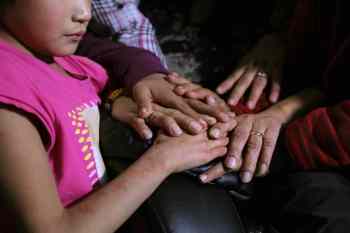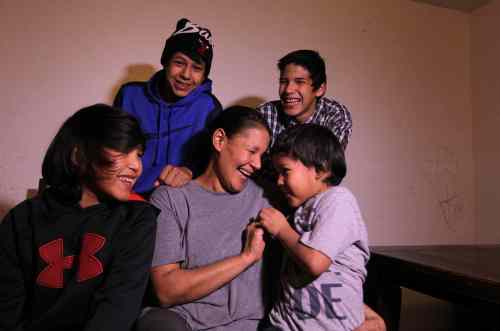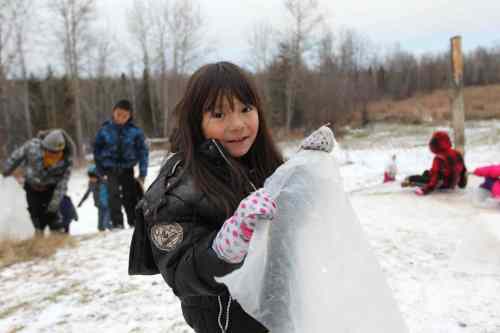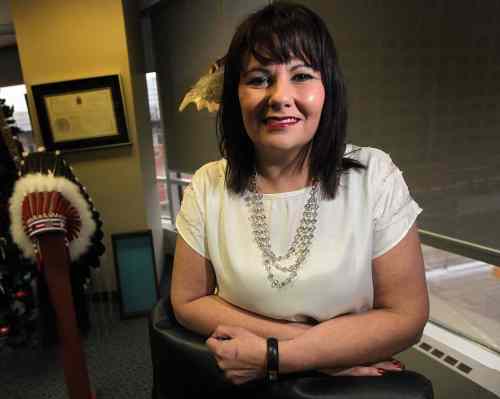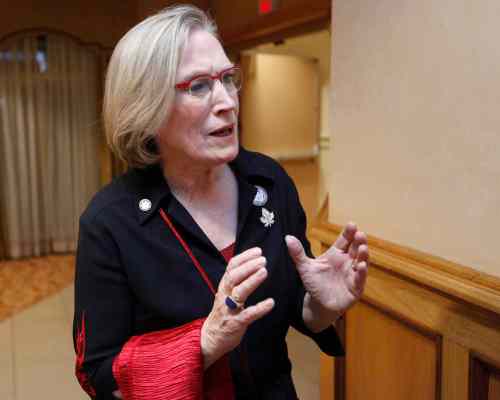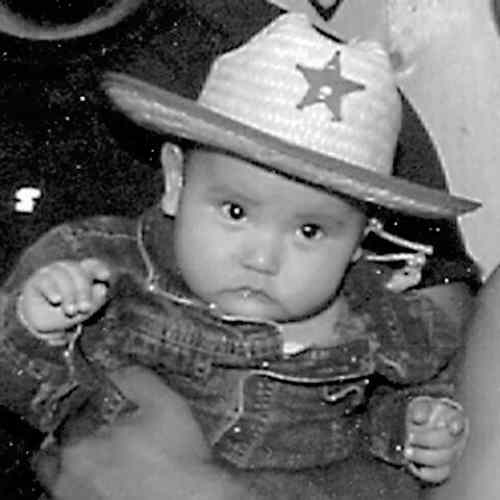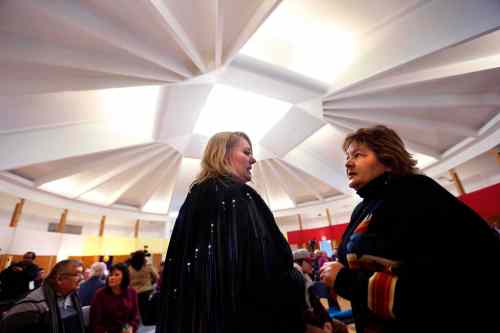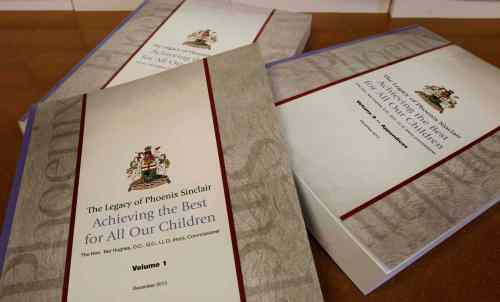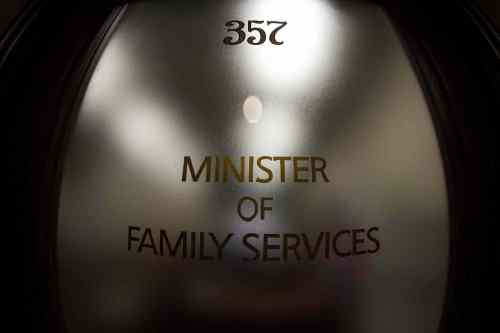Cracks in the System
Unique model ensures agency collaborates to help families
6 minute read Saturday, Dec. 19, 2015NISICHAWAYASIHK CREE NATION — Matt and Maria didn’t bother taking off their parkas and spent most of the meeting staring into their Styrofoam cups of tea.
The young parents have been on the verge of breaking up, partly over Matt’s binge drinking. Maria recently moved out of Matt’s granny’s house and, after weeks of conflict and couch surfing, allowed the couple’s children to be apprehended.
Now, looking forlorn, they were the guests of honour at a meeting that felt very much like a gentle gang-up by a small battalion of surrogate aunties and grannies, all trying to talk some sense into the couple and find out what they need to get their kids back. The women nudged. They encouraged. They nagged a little. They read between the lines and test out solutions. But instead of grannies and aunties doing the prodding, it’s a circle of workers from nearly every department at Nelson House’s wellness centre.
“We want to hear from Matt and Maria how we can help them,” said the couple’s primary CFS worker, Melanie Peterson, as she straightened her pile of lined paper and started the meeting. “We don’t want to see your kids in care. Your kids need you while they’re young.”
Advertisement
After losing care of sons, mom turned life around
5 minute read Preview Saturday, Dec. 19, 2015If it’s the parents who are the problem, why seize the children?
8 minute read Preview Saturday, Dec. 19, 2015Challenges hinder province’s plan to keep families intact
5 minute read Preview Friday, Dec. 18, 2015Federal initiative starting to show positive outcomes
5 minute read Preview Thursday, Dec. 17, 2015No accountability for killings
6 minute read Preview Wednesday, Dec. 16, 2015Building relationships first step
4 minute read Preview Tuesday, Dec. 15, 2015Key recommendations from Phoenix Sinclair inquiry yet to be implemented
4 minute read Preview Sunday, Dec. 13, 2015Voices of experience: Former CFS wards open up on the legacy of care they received
12 minute read Preview Saturday, Dec. 12, 2015The dissolution of devolution
21 minute read Preview Saturday, Dec. 12, 2015Indigenous control of family agencies a myth
5 minute read Preview Friday, Dec. 11, 2015LOAD MORE


